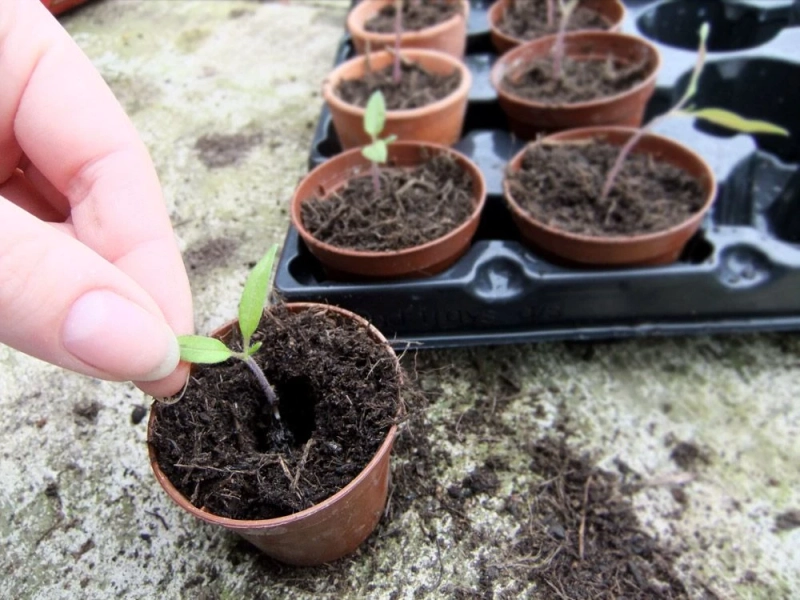Are coffee grounds good for tomato plants? Yes! Accustomed coffee grounds are a wonderful source of nitrogen, acid, and other nutrients necessary for healthy plant growth. They will create the perfect growing environment for your tomatoes while deterring insects, slugs, and worms. Read on to learn why!...and enjoy your new tomato plants! You\'ll be glad you did!
Visit: Ground coffee per cup
As an organic fertilizer
If you grow tomatoes, then coffee grounds are a natural fertilizer for your plants. Coffee grounds contain nitrogen, phosphorus, and potassium, which your plants need to grow healthy and strong. They also create a perfect environment for your tomatoes, repelling slugs and insects while attracting worms and other beneficial bugs. While this method isn\'t foolproof, it may provide your plants with an extra boost of nutrients.
To utilise coffee grounds as an organic fertilizer for tomato plants, add them to your compost pile. But remember to use a small amount. Don\'t operate more than 20% of your compost pile because coffee grounds are acidic and may damage your plants. Also, tomatoes love slightly acidic soil, so it is best to use store-bought tomato fertilizer. It includes all the nutrients your plants require while keeping ants and slugs at bay.
As an insecticide
Did you understand that coffee grounds can be helpful in your tomato plants? They provide nutrients and acids to your plants, but they\'re also a natural insecticide. The acidity and nitrogen in the grounds make them the ideal fertilizer for your tomato plants. They also create an excellent habitat for your plants, repelling insects and slugs while attracting beneficial insects and worms.
The acidity of the coffee grounds will discourage the growth of weeds and other plants that need acidic soil, such as tomato plants. This natural plant food is also beneficial for earthworms, which will help convert organic matter into plant food and increase oxygen and water in the soil. Another benefit of coffee grounds is that they can inhibit or help control late blight, a disease that covers your tomato plants with lesions. Although fungicides may be required to control this disease, coffee grounds are an excellent non-toxic alternative.
As a mulch
If you have a garden, coffee grounds can be a great addition to your soil. You can apply an occasional layer of coffee grounds or even an espresso brick to your soil. However, daily coffee grounds are best mixed with compost or mulch before applying to your plant\'s soil. The excessive volume of coffee grounds will compact the soil and prevent moisture and air from reaching the plant. Therefore, daily applications of coffee grounds are not recommended for tomato plants.
Coffee grounds contain nutrients that your plants need, but they\'re also a natural pest deterrent. Because of their anti-microbial properties, coffee grounds can help prevent disease and reduce the incidence of late blight and fungal infections. If you have a small garden, you won\'t have to worry about adding coffee grounds every day to your soil though. Add a small amount to the hole you dig when planting your tomato starts, sprinkle it around the ground of your plants, and work it into the top two inches of the soil around established plants.
As a weed control
In addition to helping your tomato plants grow healthier, coffee grounds can also act as mulch. These weed-controlling substances can prevent water from reaching the soil and effectively prevent the germination of weed seeds. However, coffee grounds don\'t always control weeds, and they may even attract slugs. It is best to mix coffee grounds with topsoil or compost to distribute nutrients evenly. Using coffee grounds around your tomato plants can make your lawn greener and thicker, and fewer weeds grow there.
Fresh coffee grounds are also an excellent soil additive. When mixed with sawdust, they enhance the structure of the soil and improve drainage. They also attract earthworms and enhance soil aeration. They also suppress fungal pathogens and provide nitrogen to your soil. So, if you desire to use coffee grounds as weed control for your tomato plants, it is best to compost them before adding them to your garden.
0
0


